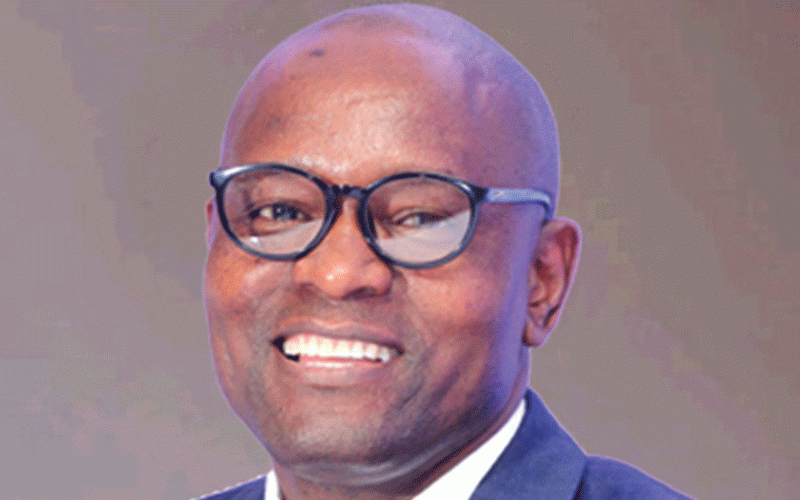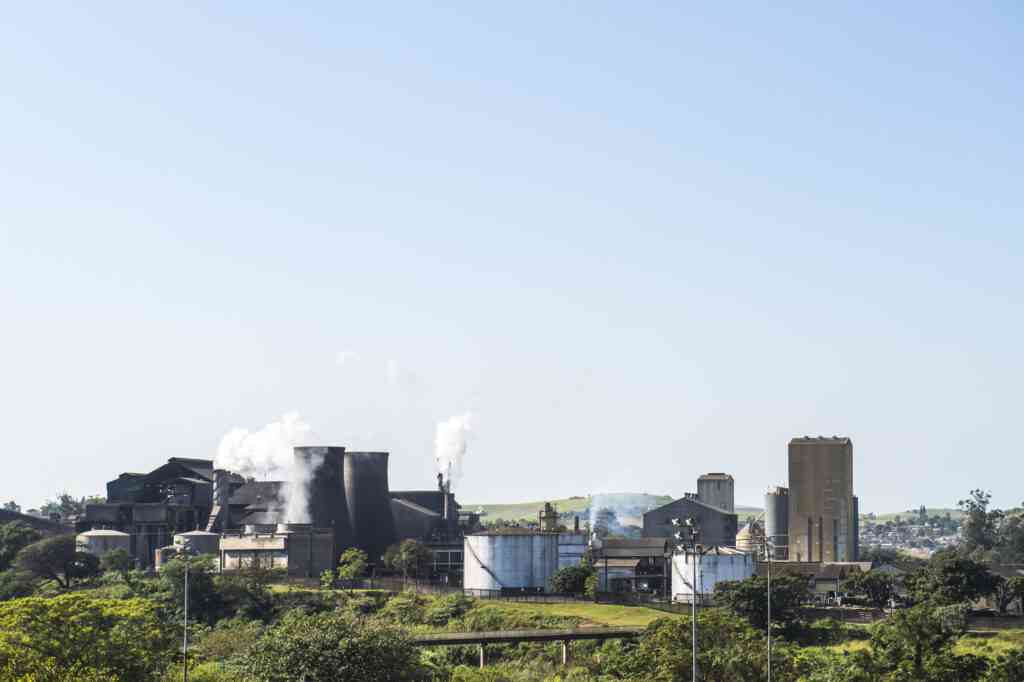ZIMBABWE has once again been flagged as one of the countries with disturbing cancer casualties after it was put among the top four countries with a high rate of cancer deaths in the world.
According to the Zimbabwe National Cancer Registry, cancer mortality is increasing, with the country recording 2 743 cancer deaths and 7 841 new cases in 2018.
However, Health and Child Care deputy minister Sleiman Timeous Kwidini yesterday said Zimbabwe was making efforts to ensure cancer is contained.
He said government was in the process of equipping institutions for cancer screening and making sure treatment services are de-centralised.
“Currently, we have machines at Parirenyatwa Group of Hospitals and we are also working on resuscitating services at all central hospitals,” he said.
- Triangle retrenches as economy bites
- Caledonia in US$42 million capex drive for 2025
- Mukuru launches mobile wallet in Zim to bolster financial inclusion
- Economy heads for a bloodbath: Biti
- NBS completes Glaudina housing project ahead of schedule
“At Mpilo Central Hospital, they
have started doing some screening, though it is not large scale. At Parirenyatwa, a second machine is coming and at the moment, it is the main institution offering services for cancer.”
Kwidini, however, expressed concern over late presentation of cases and called on the public to embrace medical check-ups and seek early diagnosis.
“People should not take things for granted. They should go for cancer screening as soon as they notice some changes. We want them to be conscious of their health and take action earlier,” he said.
Cancer Association of Zimbabwe monitoring and evaluation co-ordinator Lovemore Makurirofa said the cancer burden in Zimbabwe was increasing every year.
“Some might not seek conventional treatment in hospital due to a number of reasons and as a result, such cases cannot be captured,” he said.
“We are seeing a general increase in cancer burden in Zimbabwe, both in terms of the mortality and also in terms of the incidence, that is, the new cancer cases.”
Makurirofa also called for a cancer fund that is transparent.
“The majority of them cannot afford even to be diagnosed or even to be screened because of a number of reasons. As a result, it is very important for the nation to have a cancer fund that can cushion patients when they need treatment,” he said.
Speaking of childhood cancers, KidzCan Zimbabwe executive director Daniel MacKenzie said of late, they had noted a rise in childhood cancer presentations.
“What we have noted over the last few years is that there has been an increase in childhood cancer cases,” he said.
“We provide the necessary chemotherapy drugs, the diagnostics and psychosocial support. As you are aware, cancer treatment is a very long process.”
McKenzie said Zimbabwe was part of the Global Initiative on Childhood Cancers that sought to raise the survival rate to 60% by 2030.
Community Working Group on Health executive director Itai Rusike said cancer patients were facing catastrophic out-of-pocket and toxic health expenditures.
“We believe that regardless of social and economic status, geographic location, age and gender, every Zimbabwean citizen should be afforded an equal chance of prevention, diagnosis, and treatment of cancer,” he said.
Medical and Dental Private Practitioners of Zimbabwe Association president Johannes Marisa said cancer continued to be on the increase in Zimbabwe.
“Experience has, however, shown that this is just the tip of the iceberg as many cancers are not captured by the routine National Health Information System because the patients do not present for treatment or some deaths are not registered,” he said.
“Of those who do report, the majority are already at an advanced stage of the disease due to limited access to screening services. The current cancer treatment and palliative services are unable to meet the existing demand.”
According to the World Health Organisation, cancer is now acknowledged as a major cause of morbidity and mortality in Zimbabwe, with over 7 500 new cancer cases and over 2 500 deaths being recorded per year.
The most frequently occurring cancers among Zimbabweans of all races in 2018 were cervix uteri (21%), prostate (11%), breast (8%), non-Hodgkin lymphoma (5%), oesophagus (4%), Kaposi sarcoma (4%), colo-rectal (4%), stomach (3%) and liver (3%).
The other cancers accounted for 37% of the registered malignancies.













